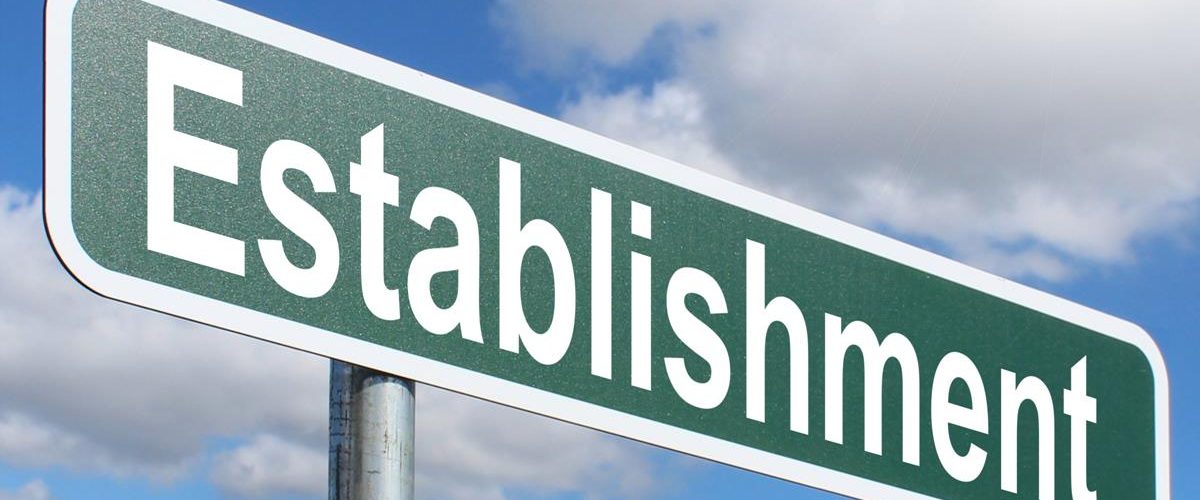A fixed establishment is a secondary establishment of a business in a country other than the country of the principal establishment. Regarding the supply of services to businesses, the main VAT rule is that the service is subject to VAT in the country where the customer is established. If a fixed establishment purchases the service, the place of supply is the country where the fixed establishment is located. For the supply of services to a private consumer, the main rule is that a service is subject to VAT where the supplier is established. Again, if the fixed establishment supplies the service, the place of taxation is where the fixed establishment is located. It is therefore essential to determine whether a customer or a performing entrepreneur has such a fixed establishment. If an entrepreneur has permanent access to personnel and resources to perform (or purchase) services, this qualifies as a fixed establishment. In the Dong Yang Electronics case, the European Court of Justice (ECJ) ruled that a subsidiary may also qualify as a fixed establishment. However, this is not automatically the case.
Source BDO
Latest Posts in "European Union"
- VAT IOSS Scheme: Intermediary Registration Available from April 2026 for Non-EU Businesses
- Customs and VAT Fraud Cost EU €45 Billion in 2025, Officials Warn
- EPPO Investigates Record 3,600 Customs Fraud Cases in 2025, Damages Reach 67 Billion Euros
- Intermediary Registration for UK Import One Stop Shop Scheme Opens April 2026
- EPPO Uncovers €45 Billion VAT and Customs Fraud, Reshaping EU Criminal Landscape in 2025














